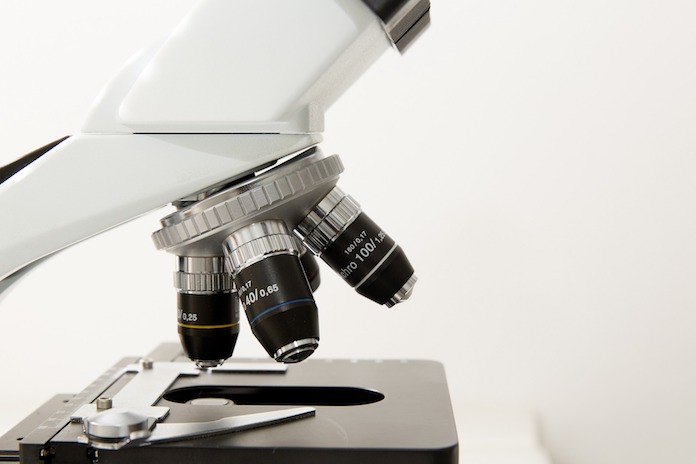The Centers for Medicare & Medicaid Services (CMS) will increase its reimbursements for high-volume lab tests used to rapidly diagnose COVID-19 cases as part of the federal government’s push to expand testing access — particularly among the vulnerable skilled nursing population, the agency announced Wednesday.
The reimbursement for COVID-19 diagnostic lab tests that use certain higher-capacity methods will jump to $100, effective April 14. Prior to Wednesday’s action, the rate was $51.
In terms of how this will benefit nursing homes, which are short on COVID-19 testing even as the number of coronavirus deaths in nursing homes climbs into the thousands, CMS administrator Seema Verma emphasized that the reimbursement increase had to be taken in tandem with CMS’s earlier announcement of expanded coverage for COVID-19 tests taken from a nursing home.
“What we have seen is that there are a lot of labs just not performing these tests,” Verma said on a press call held Wednesday afternoon. “And we recognize that there may have been some issues with reimbursement. We’ve had conversations with the labs, and there’s a lot that’s involved in running these high-throughput tests, and that’s why we’re increasing the reimbursement.”
According to the ruling from CMS, the higher amount is a more accurate payment than the one currently set by Medicare Administrative Contractors (MACs) because of the greater resources and training necessary to complete the higher-speed tests.
This type of technology uses a platform that employs automated processing to test approximately 200 specimens a day, and it requires more intensive technician training and more time-consuming processes, according to the government.
The new codes should not be used for tests that detect COVID-19 antibodies, the agency noted.
The payment for all other clinical diagnostic laboratory tests will stay at the current level, and MACs should “engage in whatever processes are necessary to make determinations or policies to process claims,” CMS said in the ruling.
This should increase testing capacity across the country, according to Verma, beyond just nursing homes. In addition, CMS is asking state and local officials to work with the high-throughput labs to provide more testing in communities, she said.
The expanded coverage for collecting samples for testing in nursing homes, in tandem with the new high-throughput testing reimbursement, should help bolster testing overall in the SNF setting, Verma said.
The shortage of tests for patients and staffers in the long-term care setting has become a major factor in the surge of cases; federal guidance requires SNFs to cohort COVID-19 patients in separate wings or units, but that kind of separation is not possible without knowing which patients have COVID-19.
Complicating the issue is the fact that many of those infected with COVID-19 can have the virus without showing symptoms. In fact, in Massachusetts, officials had to halt a plan convert existing SNFs to COVID-19 facilities through strategic transfers when test results revealed significant numbers of positive tests. The Bay State ended up having to focus instead on reopening temporarily closed facilities.
Verma noted the importance of expanded testing as SNFs work to effectively keep COVID-19 patients separate from those without the virus.
“We feel like that’s so important to decreasing the numbers, decreasing the spread,” she said Wednesday. “The testing piece really goes hand-in-hand with our recommendations around isolation, and around our recommendations and flexibility that we’ve been giving to nursing homes to provide that care even outside their facility.”



